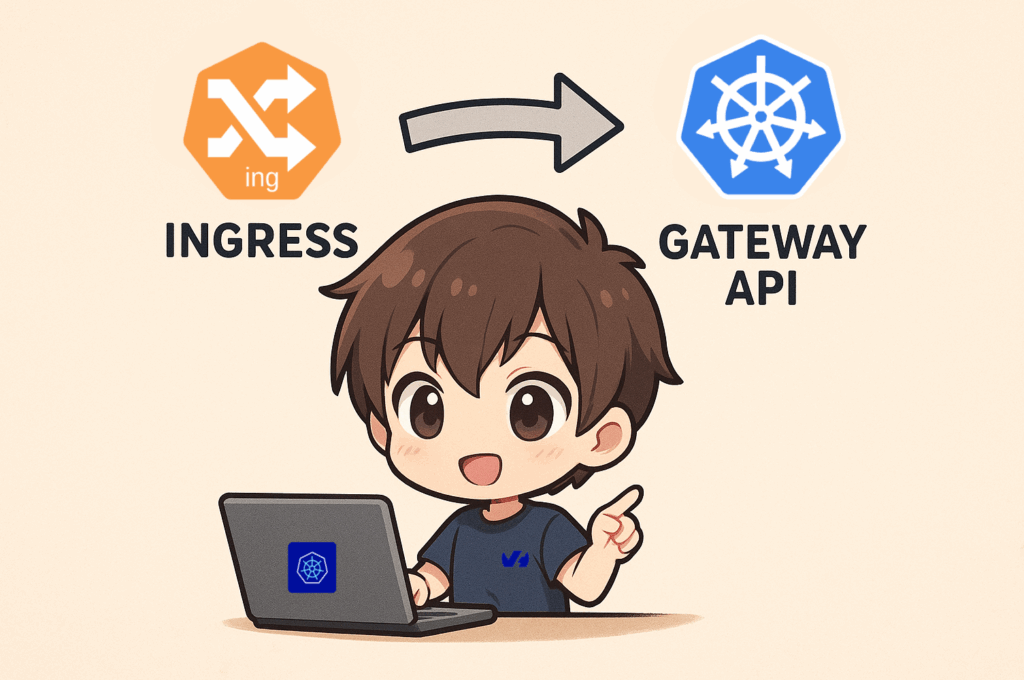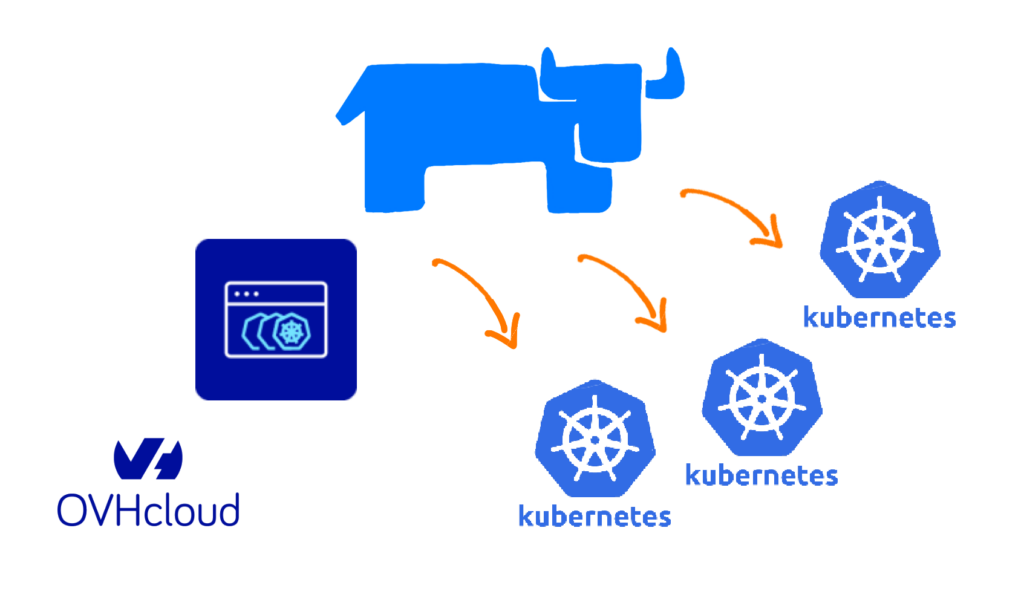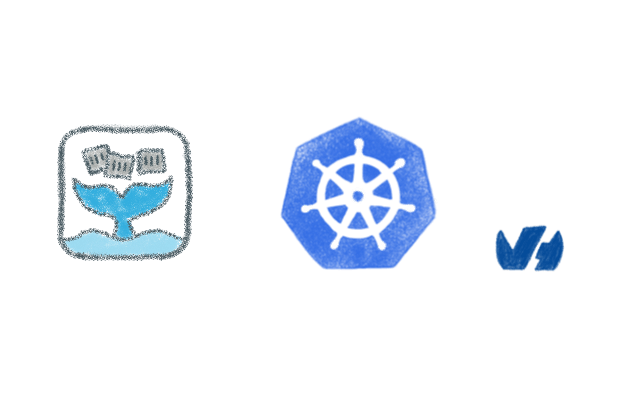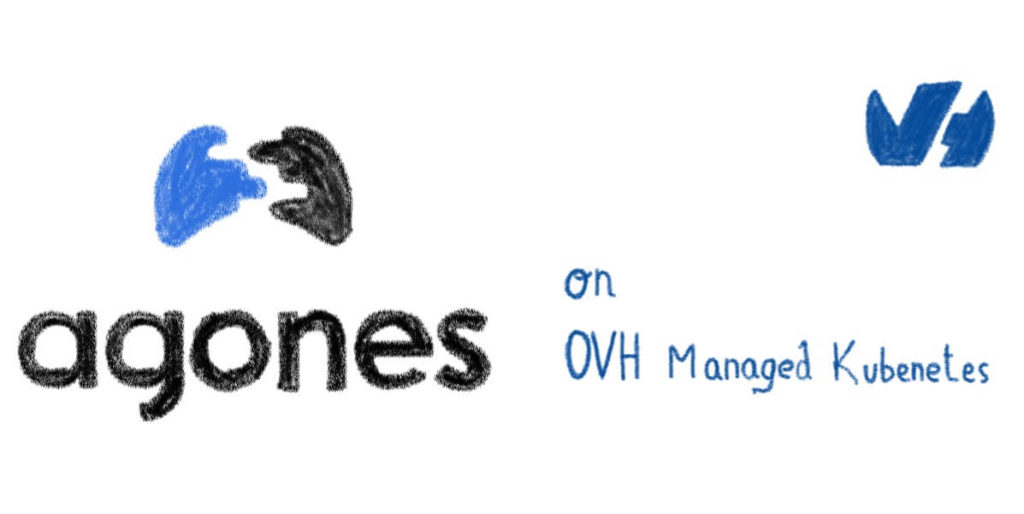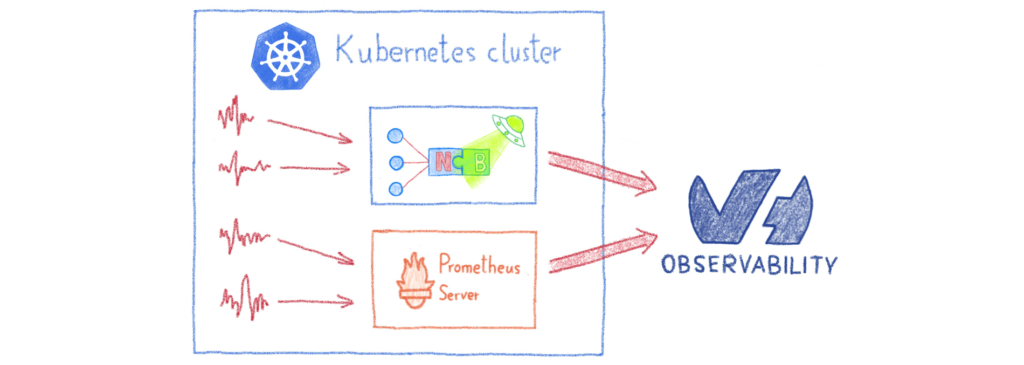Moving Beyond Ingress: Why should OVHcloud Managed Kubernetes Service (MKS) users start looking at the Gateway API?
For years, the Kubernetes Ingress API, and the popular Ingress NGINX controller (ingress-nginx), have been the default way to expose applications running inside a Kubernetes cluster. But the ecosystem is changing: the Kubernetes SIG network has announced the retirement of Ingress NGINX in March 2026. After March 2026 the Ingress NGINX will no longer get […]


